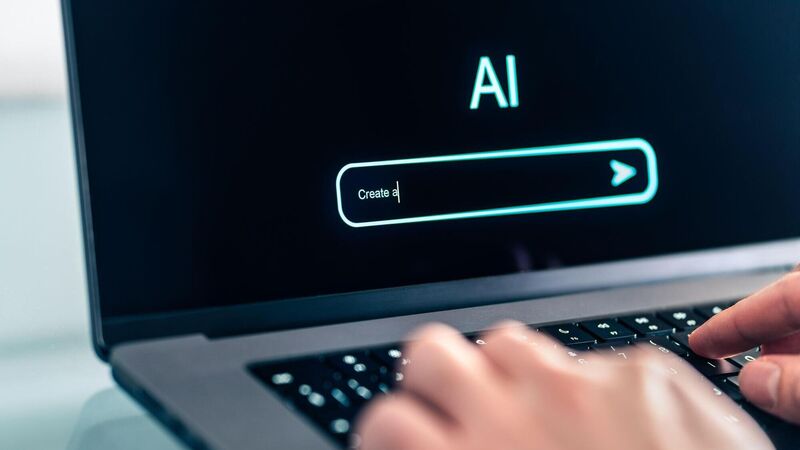Theresa Reidy: Truth becomes lies and lies become truth — the threat of AI in our election

Used with malicious intent, AI has the potential to cause real disruption, indeed chaos in an election.
Michael Healy-Rae is out in front this election season with his light-hearted and entertaining use of artificial intelligence (AI) to create online content which ‘seems’ to show him being endorsed by Taylor Swift and kung fu fighting with Simon Harris.
These videos are known as ‘cheap-fakes’, and Healy-Rae joins an array of politicians around the world that have used this new technology. Javier Milei, the president of Argentina, has appeared as various cartoon characters in AI-generated images, as Wolverine from the movies, in a picture with Elon Musk, and as an animated lion taking a chainsaw to the Argentine public debt.
















